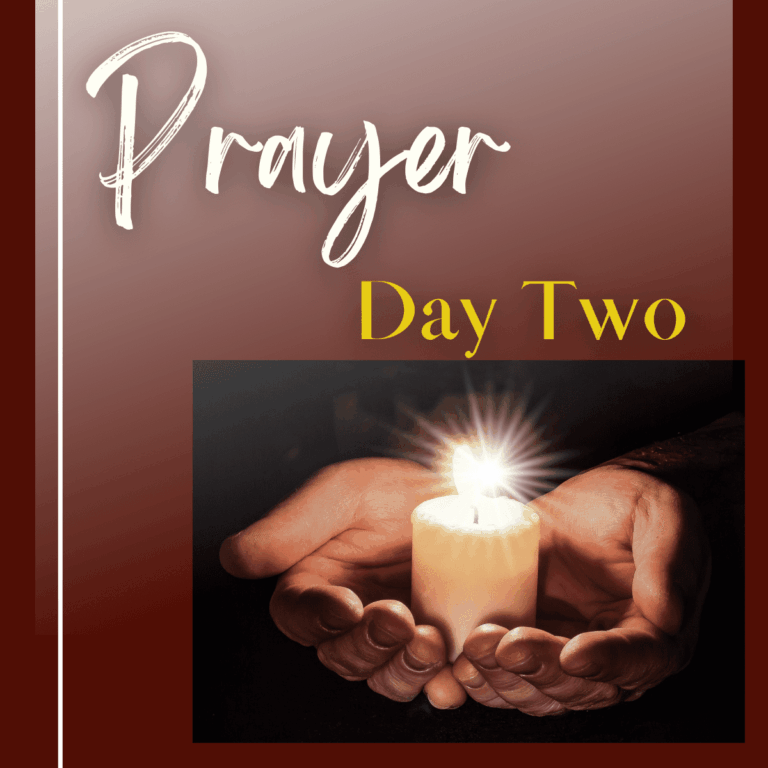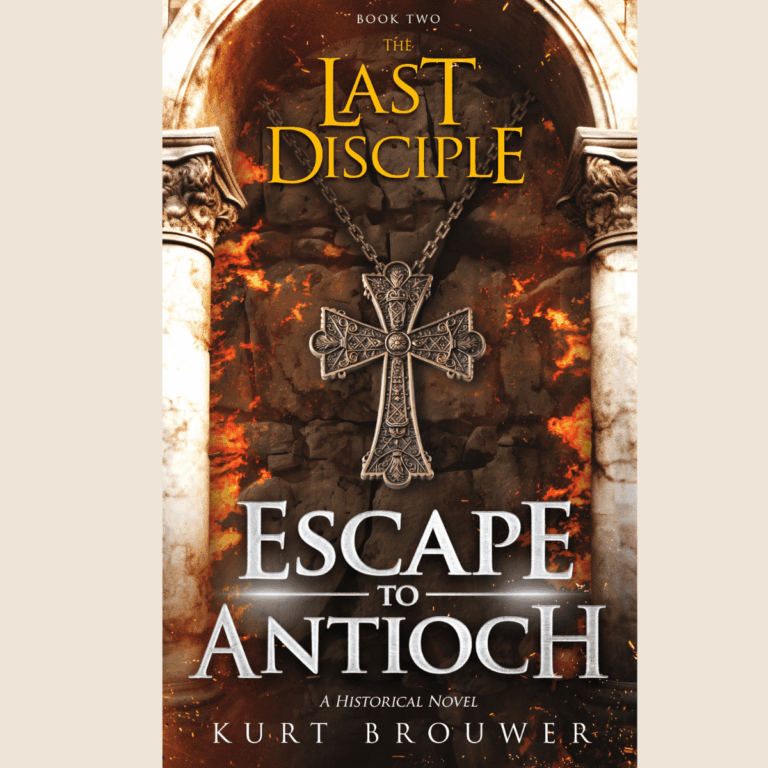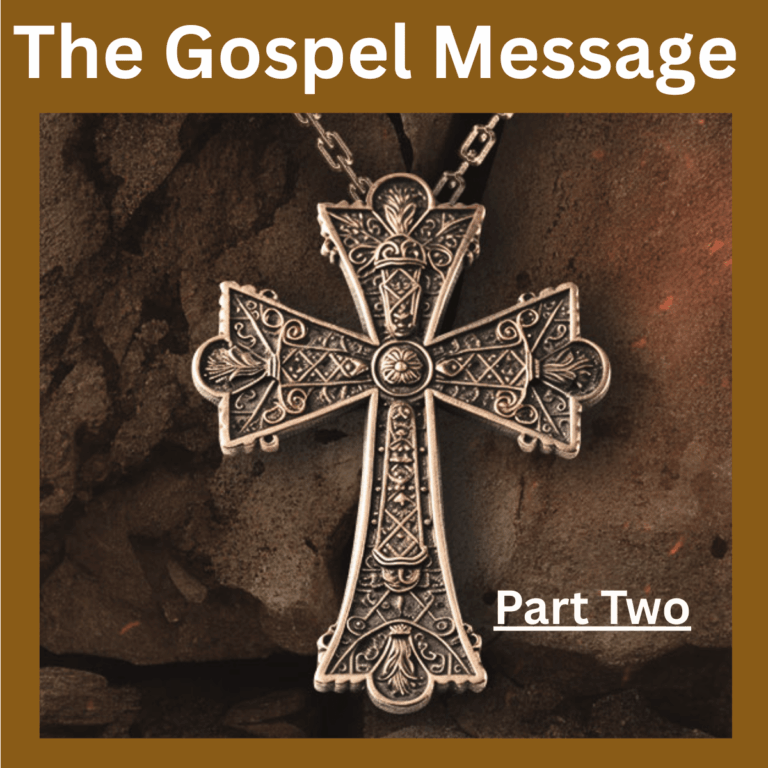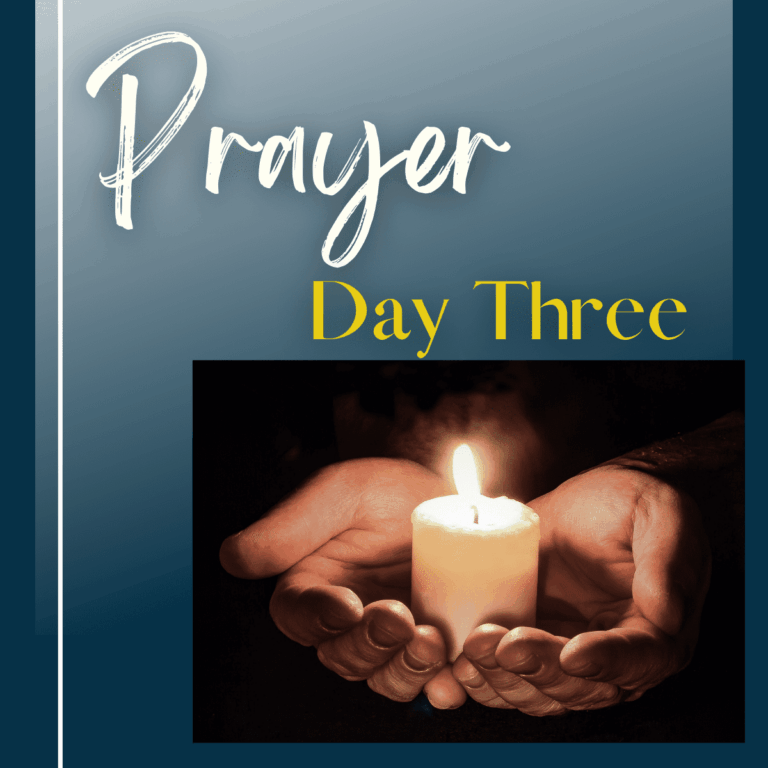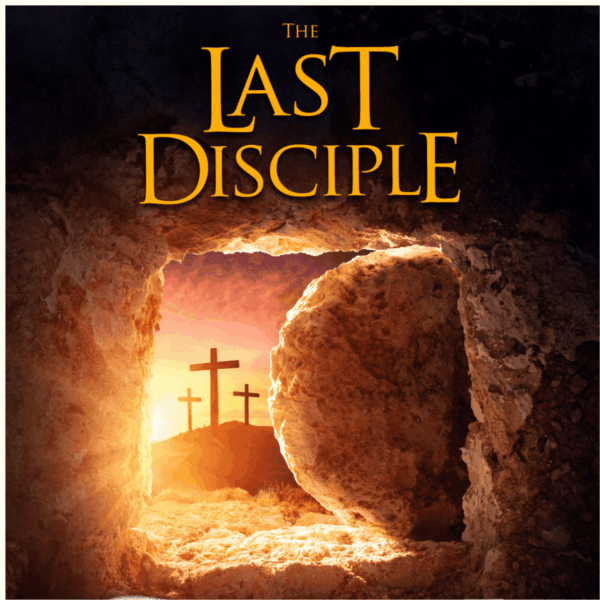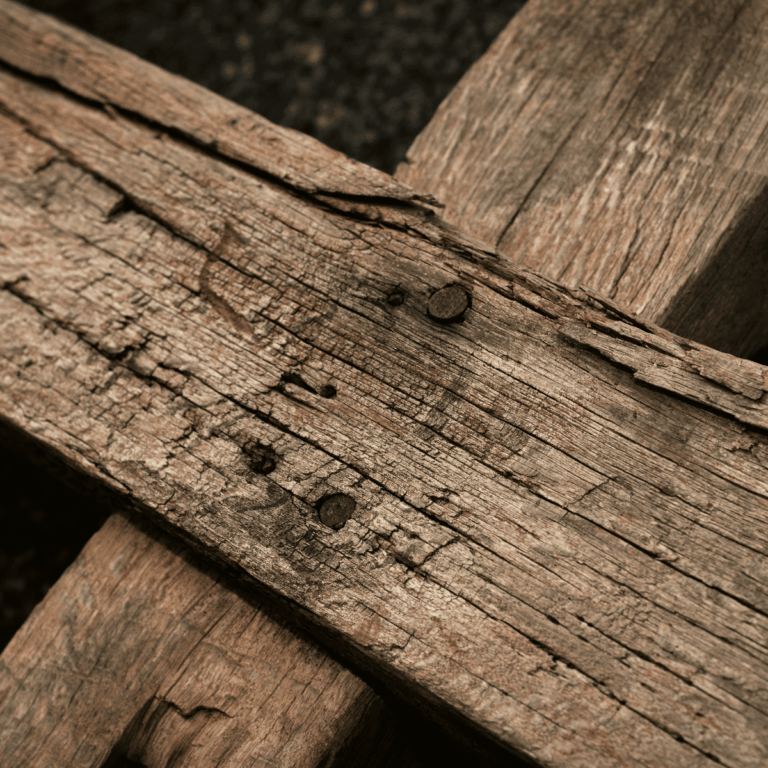Did Early Christians Worship On Saturday or Sunday?
In order to write The Last Disciple Series, I have had to do research on many issues, both big and small. I studied what the early Christians wore, what they ate, what languages they spoke, and much more. One of my readers brought up a pretty basic question–did early Christians worship on Saturday or Sunday?
From my research, I concluded that the answer is an emphatic yes! Some Christians worshipped on Saturday, the Sabbath, in Jewish tradition. However, worshipping on Sunday (the Lord’s Day) eventually became the norm. In a moment, I’ll reveal how and why this transition came about.
The Early Christians
Before we get into that, my strongest finding from all my research was that Christians then were much like Christians today. Broad generalizations do not work well today nor did they work in the past. In our times, we have many different Christian sects or denominations. Worship services in America might be confusing to someone in China or Africa because normal practice in one country would not be normal in another. In the same way, Christians in Ephesus had differences in the way they worshipped compared to those in Jerusalem, Rome, or Alexandria.
Paul had to deal with issues of beliefs and worship practices in the early church. In this passage, he pointed out differences that were relatively benign:
For when one says, “I follow Paul,” and another, “I follow Apollos,” are you not mere human beings? …6 I planted the seed, Apollos watered it, but God has been making it grow.
1 Corinthians 3:4, 6 NIV
Would a worship service led by Paul be different from one by Apollos or Peter? I think the answer is yes, but Paul correctly stated that the human messengers were not all that important. After all, God alone makes our faith and our churches grow.
However, other issues drew intense disagreement from Paul, particularly the attempt to impose the Jewish rituals and restrictions on the Gentile Christian churches. This led to a potential schism in the church less than fifteen years after the Crucifixion. This passage from Chapter Fifteen of the Book of Acts shows how the early Christians faced up to a serious problem:
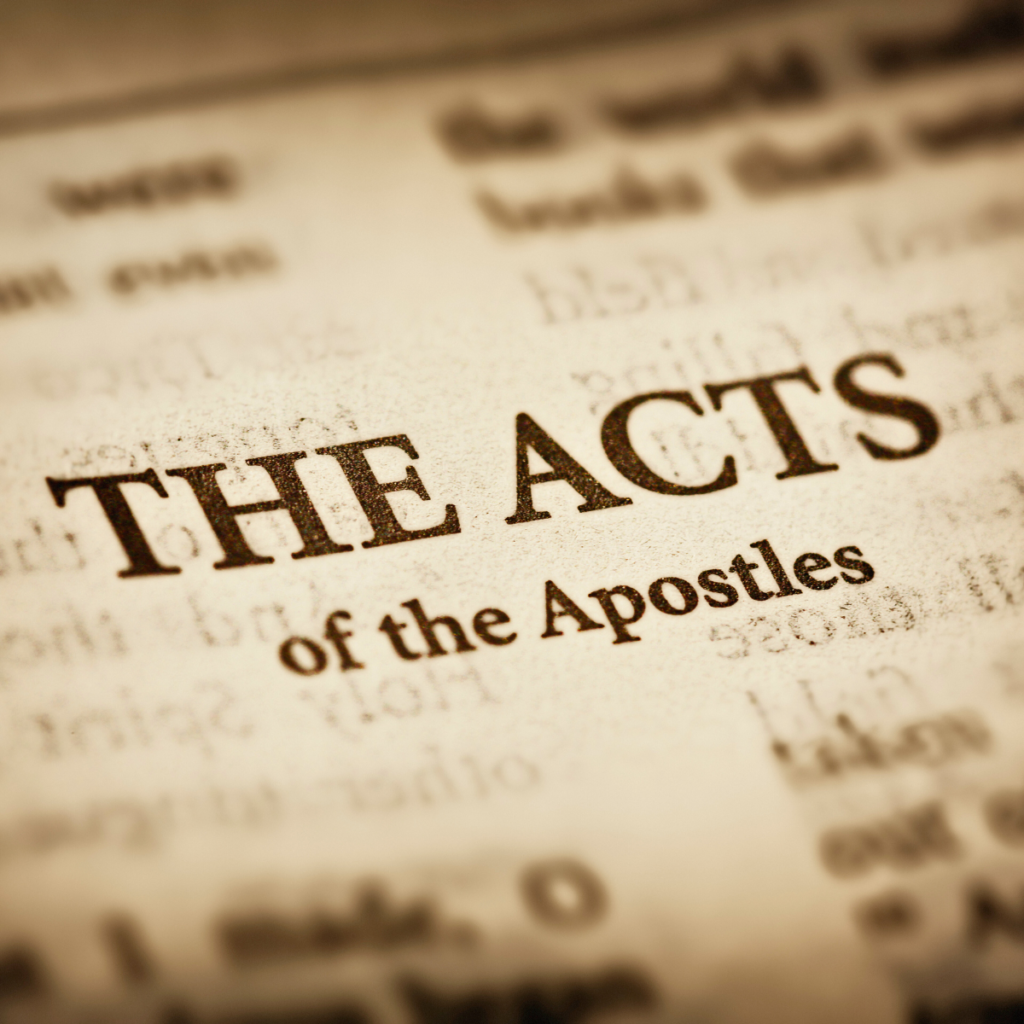
The Council at Jerusalem
Certain people came down from Judea to Antioch and were teaching the believers: “Unless you are circumcised, according to the custom taught by Moses, you cannot be saved.” 2 This brought Paul and Barnabas into sharp dispute and debate with them. So Paul and Barnabas were appointed, along with some other believers, to go up to Jerusalem to see the apostles and elders about this question…
Acts 15:1-3 NIV
A Gathering In Jerusalem About 50 AD
Paul and Barnabas were commissioned by the church in Antioch to represent the ‘Greek’ point of view. Some Pharisees presented the ‘Jewish’ view. Other leaders present included John, Peter, and James (this James was the brother of Jesus and the author of the Book of James. James, the brother of John, had been killed by Herod Agrippa I in 44 AD).
When Paul and Barnabas went to Jerusalem, they met with church leaders and this gathering became known as The Council of Jerusalem. It happened about 50 AD–give or take a year.
We know from the Book of Acts that there were ‘Judaizers’ at work in the early church. These leaders sought to conform Christian practices to the principles of Mosaic law and practice. They wanted all Christians, whether Jew or Gentile, to practice all the Jewish practices and rituals, including Saturday or Sabbath worship.
In this passage from Acts, we see clear guidance given that the Christian church would not be tied to past Jewish traditions and practices.
The Council’s Decision
The apostles and elders met to consider this question. 7 After much discussion, Peter got up and addressed them: “Brothers, you know that some time ago God made a choice among you that the Gentiles might hear from my lips the message of the gospel and believe. 8 God, who knows the heart, showed that he accepted them by giving the Holy Spirit to them, just as he did to us. 9 He did not discriminate between us and them, for he purified their hearts by faith. 10 Now then, why do you try to test God by putting on the necks of Gentiles a yoke that neither we nor our ancestors have been able to bear? 11 No! We believe it is through the grace of our Lord Jesus that we are saved, just as they are.”
Acts 15:6-11 NIV
I put Peter’s definitive statement in bold for he set the tone. The council also heard from Paul and Barnabas. Then James, the leader of Christians in Jerusalem, recommended a letter be sent to the churces assuring them that they need not listen to the Judaizers.
A New Path For The Church
As we see in the Book of Acts, there were broad differences between Christians of other nationalities compared to Jewish Christians. However, the Council of Jerusalem, led by Jewish Christians, deliberately set the Christian church on a new path independent of the traditions of Jewish customs and laws.
No doubt this council had a huge impact on the day of primary worship. From this point on, the influence of Jewish traditions in the Christian church diminished. As a result, I believe more and more early Christians began worshipping on Sunday, the Lord’s Day.
I suspect that Jewish Christians stuck to a Saturday or Sabbath tradition for worship for a time, but Greek and other Gentile Christian groups had no tradition of Sabbath worship so they probably adopted Sunday worship much earlier than did the Jewish Christians.
The preponderance of evidence I’ve found is that the early Christians began worshipping on Sunday during the apostolic period of John, Peter, and Paul. However, there were certainly those who continued worshipping on Saturday.
Emperor Constantine & The Edict of Milan
By the time of Emperor Constantine (Born 272 AD — Died 337 AD), Sunday worship was probably the norm for Christian churches. The emperor tacitly acknowledged this when he banned most forms of work on Sundays.
He did this by passing a law called the Edict of Milan. He did not specifically make any requirement that Christians had to worship on Sunday, but his law made Sunday worship much easier because most work was prohibited on the Lord’s Day.
But, no matter what day they worshipped, I’m sure the early Chrstians followed the sentiment of this verse:
This is the day that the Lord has made;
Psalm 118:24 ESV
let us rejoice and be glad in it.
I hope you’ve enjoyed this discussion about the early Christians. They did so much to build the church and to establish the principles that we follow to this very day. As you can probably tell, I have great admiration for them.
Yours in Christ, Kurt
Here are links to a couple of posts that you may enjoy:
The First Christian Convert in Europe
